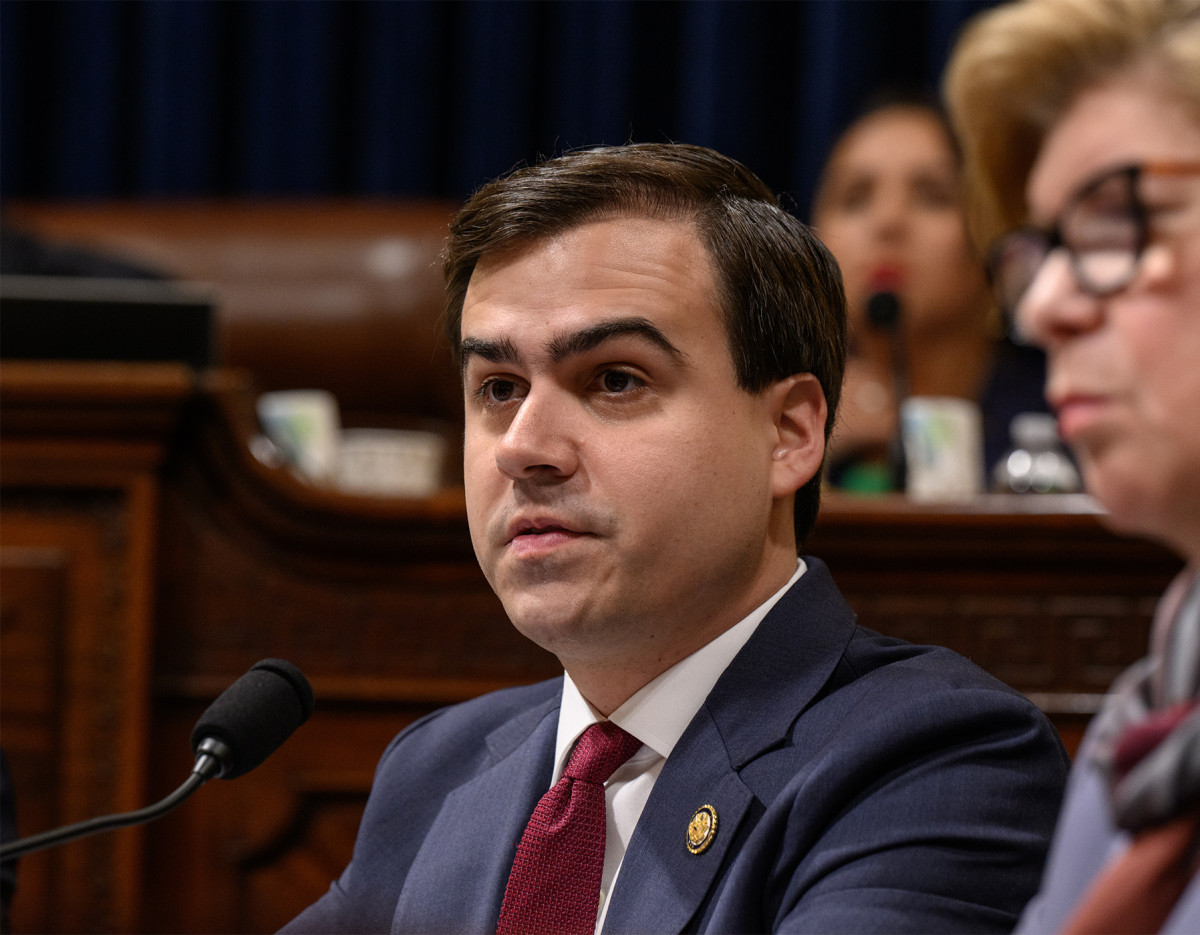Resident Commissioner Highlights the Importance of Data Centers for AI Development

In Congressional Hearing, Commissioner Supports Preserving Renewable Energy Incentives for the Industry
WASHINGTON, D.C. — During the hearing titled “Unleashing a New Golden Age: Using Federal Lands to Power Technological Innovation,” Resident Commissioner Pablo José Hernández urged Congress to uphold public policies that support the expansion of data centers and the use of renewable energy, in order to maintain U.S. leadership in artificial intelligence.
“Artificial Intelligence is not a toy. It’s not a trend. It’s a revolution on the scale of the personal computer, the internet, the smartphone—even the printing press. We cannot afford to fall behind,” stated Hernández.
In his testimony, the Resident Commissioner addressed legitimate concerns about the energy consumption of data centers, but emphasized that many of the companies operating them are at the forefront of the energy transition. He cited Amazon Web Services, which matched 100% of its electricity use with renewable energy in 2023; Microsoft, which is leading with new technologies such as hydrogen fuel cells; and Google, which has quadrupled its computing power over five years without increasing its energy consumption. Hernández added that government and civil society must continue to incentivize these practices.
The Resident Commissioner also quoted columnist Ezra Klein and his book Abundance to stress the strategic importance of promoting data center construction:
“The AI revolution makes the cause of energy abundance even more urgent. In the last few decades, US energy infrastructure projects have been slowed by all the challenges we’ve described: a lack of productivity in construction, permitting blockages, extended environmental reviews, and long interconnection queues. These bottlenecks are largely self-made, and if we don’t make it easier for AI companies to build in America, we should expect them to build data centers abroad.”
The Resident Commissioner emphasized that the country faces a significant strategic decision. He argued that it is not a choice between clean energy and technological innovation, but a matter of charting a path that advances both.
###